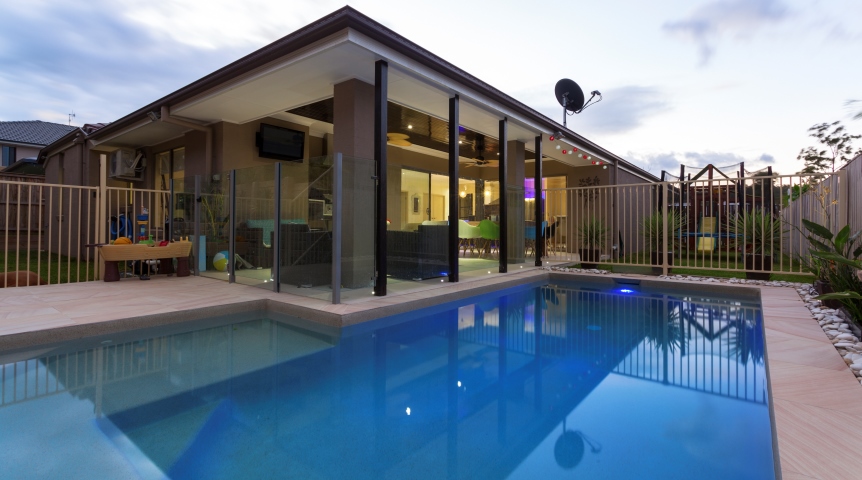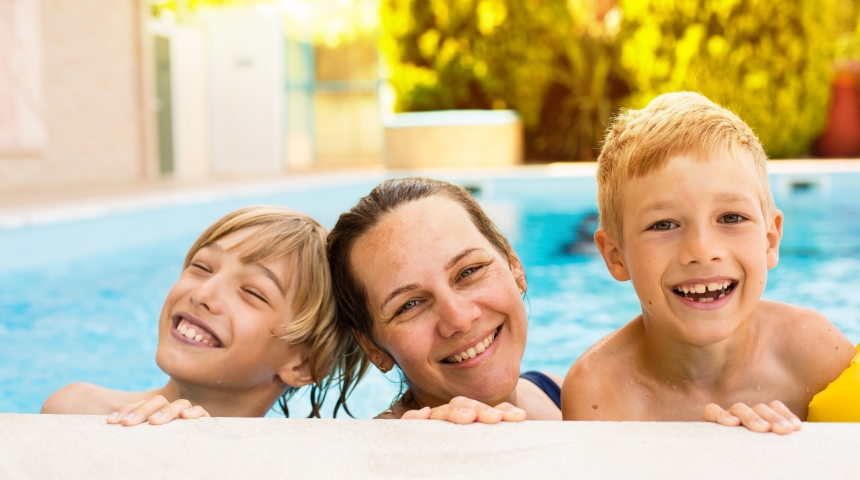
Australians require access to better quality and more reasonably-priced solar hot water systems if uptake is to increase, according to Murdoch University Senior Lecturer Dr Tania Urmee.
A paper published by a research team led by Dr Urmee and Professor Parisa Bahri outlines the case for further developing the solar water heating industry in Australia, and calls for improved customer service to help combat negative perceptions among householders.
“In a nation that has an abundance of sunlight, there are vast opportunities to further develop this industry,” Dr Urmee said.
“Replacing electricity and gas hot water systems with solar water heating systems in residences throughout Australia would significantly reduce fossil fuel consumption and associated greenhouse gas emissions in Australia, however the uptake remains low.”
Hot water supply accounts for up to 30 per cent of an Australian household’s energy use, equating to about 10kWh per day. Electrical hot water systems are the most common method of water heating used, followed by mains gas, LPG tanks and then by solar heating, which is gas or electricity-boosted.

Potential for growth: The majority of solar water heating in Australia is currently used to heat backyard swimming pools, but it can also be applied to other areas of the home.
In line with the rest of the nation, the number of installations of solar hot water systems on homes in WA has been in decline, after a peak period in 2010.
The research found that the upfront costs of installing a solar water heater were a strong barrier for customers, especially when installation, plumbing and roof-strengthening costs were taken into consideration.
“The maintenance and repair costs, especially for pumps, valves, connectors and tanks can be perceived to be high,” the authors said.
“There is also a lack of knowledge of the benefits and usage of solar water heating.
“Providing a simple way for householders to compare the overall costs of solar water heating to other water heating systems; as well as offering a temporary hot water supply to residents during installation of the system, could improve matters.”
Dr Urmee and Professor Bahri said an improvement in customer service could also counter the negative perceptions obtained from users who had previous issues with their solar water heaters.
The article added that solar water heating industries were most successful in the countries which have limited fossil fuel resources, copious solar resources, and strong government support.